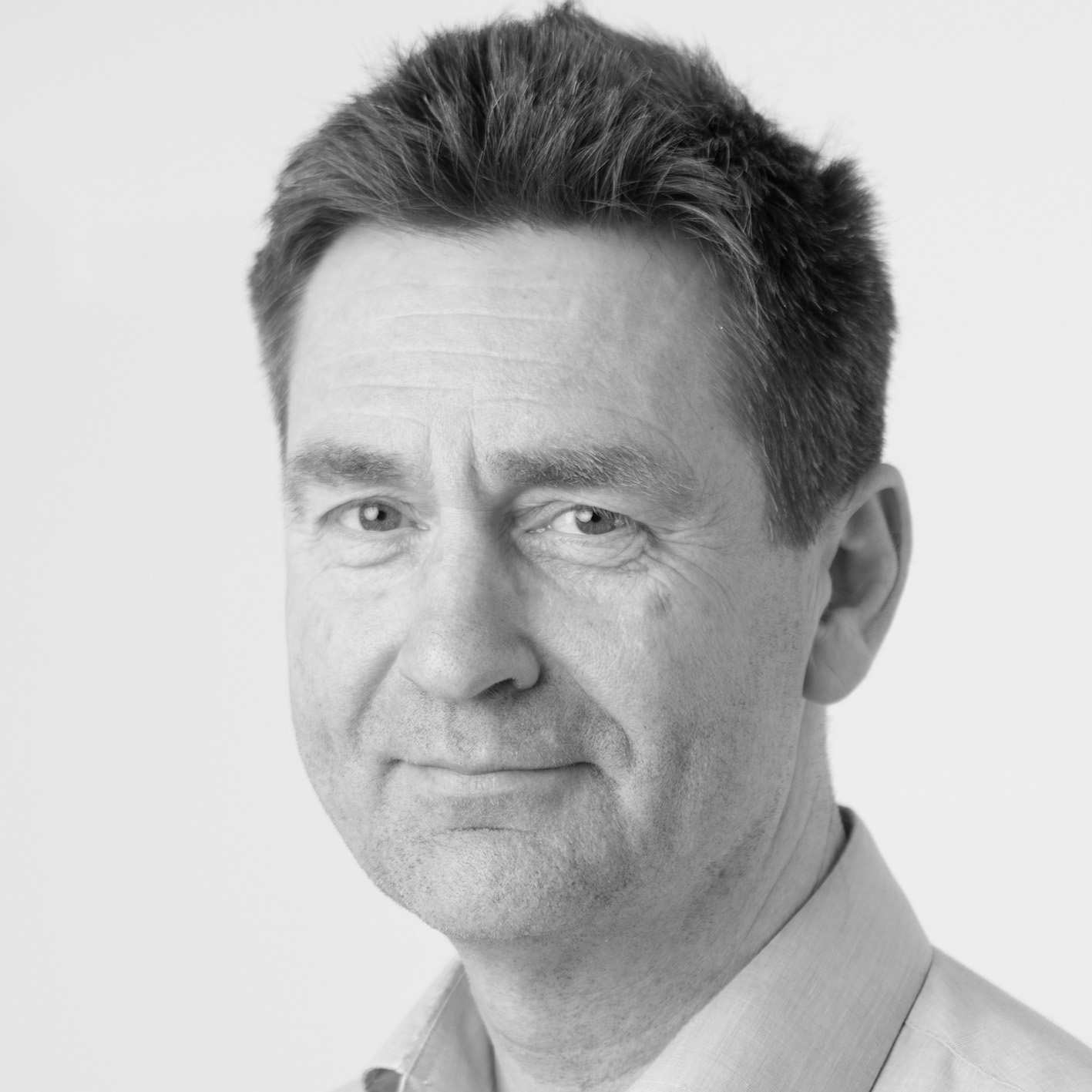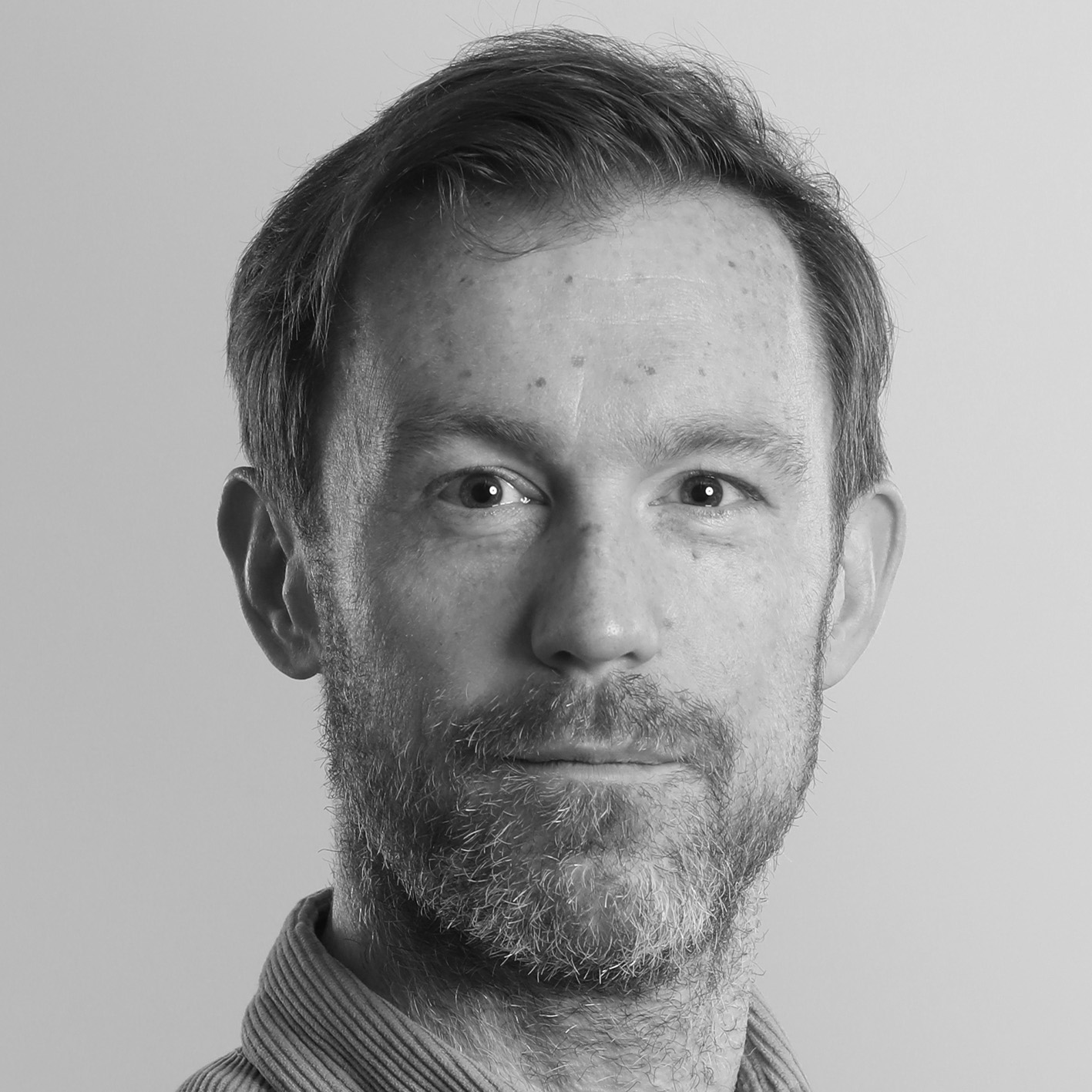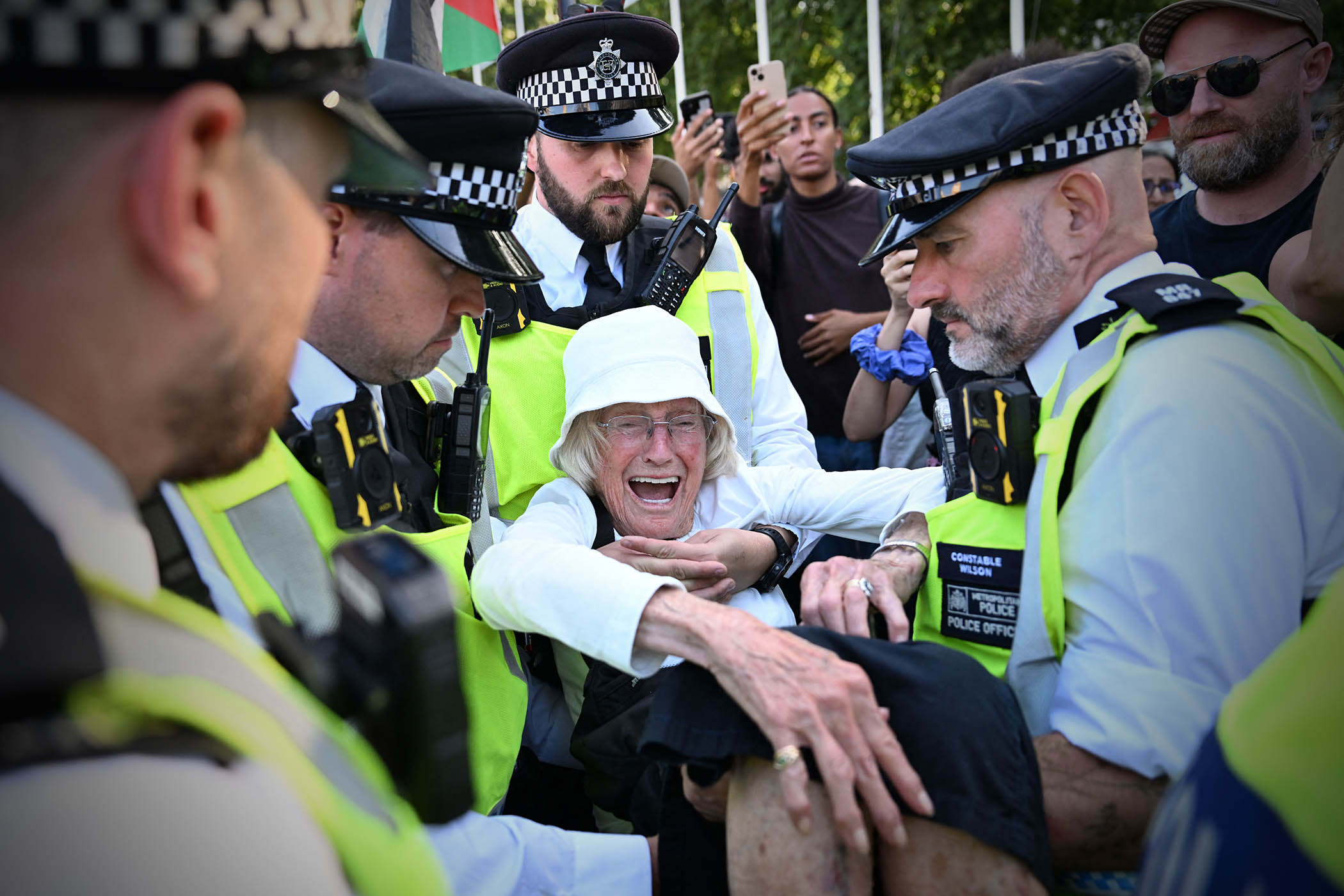Samantha Walker-Roberts vividly remembers the day she walked into the police station in Oldham town centre to report that she had been sexually assaulted in a churchyard.
The officer on the front desk accused her of being drunk and told her to return with an adult when she sobered up. She was 12 years old.
Confused and upset, she accepted a lift home from two men who were also at the police station and told her she could “chill” in their car.
Walker-Roberts was sexually assaulted by them, and later driven to a property and raped by five men over several hours. Nearly two decades later, she is still seeking justice.
One of her attackers, Shakil Chowdhury, 54, from Bangladesh, was sentenced to six years’ imprisonment in 2007. She believes there were missed opportunities to find others in the gang.
Last Wednesday, Walker-Roberts, who has waived her right to anonymity to campaign for victims of grooming gangs, received a letter from Kate Green, deputy mayor of Greater Manchester, telling her that the police had decided that there would be no further charges in her case “despite the atrocious offending you had been subjected to when you were a child”.
The correspondence, seen by The Observer, says her case will now be reviewed by Operation Hydrant, a national an initiative led by the National Police Chiefs’ Council. A specialist team including prosecution experts and investigators will examine cases that were closed, to see if they can be reopened.
Walker-Roberts’s case is one of more than 800 involving grooming and child sexual exploitation allegations which are also now the subject of formal review. The National Crime Agency will oversee the operation to track down perpetrators, with support from Operation Hydrant. Home secretary Yvette Cooper told parliament last week she expected that figure to rise to 1,000 in the coming weeks as police examine their files for previously closed cases.
Walker-Roberts received her letter two days after Baroness Louise Casey published a report into grooming gangs which found widespread failures to protect children from sexual assault, violence and exploitation. Last week, as the prime minister announced a new national inquiry, victims spoke about their continued struggles to get justice. Fiona Goddard, who was 14 and living in a children’s home when she was targeted by a grooming gang in Bradford, said grooming was “still going on” and that the issue must not be viewed as historical.
There are at least 12 ongoing investigations into group-based child sexual exploitations. Over the years, more than 300 people have been convicted for involvement in grooming gangs, and there have been local and national inquiries, including the seven-year Independent Inquiry into Child Sexual Abuse chaired by Prof Alexis Jay. Many victims have highlighted the fact that no recommendations from the Jay report to support them and protect future generations have been implemented.
Newsletters
Choose the newsletters you want to receive
View more
For information about how The Observer protects your data, read our Privacy Policy
Walker-Roberts said: “I never got the chance to get justice, and I want to try to help as many people as I can to not fall in the same trap that I did.”
Casey also identified a failure to gather robust data on the ethnicity of grooming gang perpetrators, despite evidence from three local audits of overrepresentation of men of Asian and Pakistani heritage among the suspects. The report made no conclusions about grooming gang offenders on a national level because of a lack of data.
Oldham, where Walker-Roberts lived and was abused, has been a lightning rod for the ongoing debate over a new inquiry. In January, in a series of lacerating social media attacks on Keir Starmer, Elon Musk highlighted the Labour government’s decision to refuse Oldham council’s request for a new national inquiry. That provoked a high-profile debate which led to the Casey report.
In 2022, a report commissioned by Greater Manchester mayor Andy Burnham highlighted the failings in child protection in Oldham, including Walker-Roberts’ case. It concluded there was no evidence of widespread exploitation of children in care homes in Oldham from 2011-14, but councillors asked for a new statutory inquiry with a wider remit. Many people in Oldham still feel the systems have failed them and they do not have answers or justice. “I don’t believe enough people have been held accountable,” said Abdul Wahid, an independent councillor in Oldham. “It’s not been given the seriousness this issue justifies. That is why there’s so much outrage.”
Victims still feel they are being failed. “I personally don’t need another enquiry to tell me what needs to be done,” said Maggie Oliver, who quit the police over the failures to tackle grooming and founded the Maggie Oliver Foundation to support child abuse victims. ”However after years of being blamed and criminalised, I fully recognise that victims and survivors quite rightly demand a voice in this process, and that’s as it should be.”
An additional comment was added from Maggie Oliver post-publication to provide context for her views.




